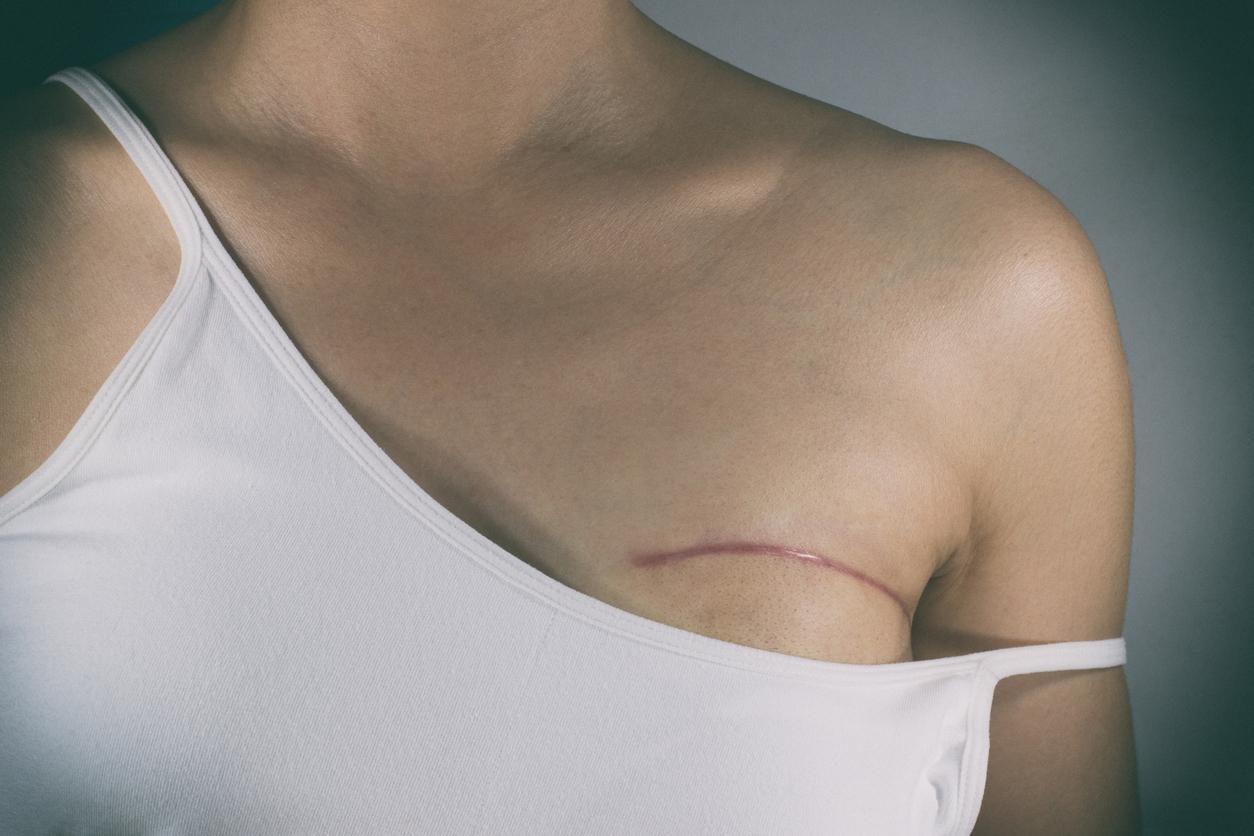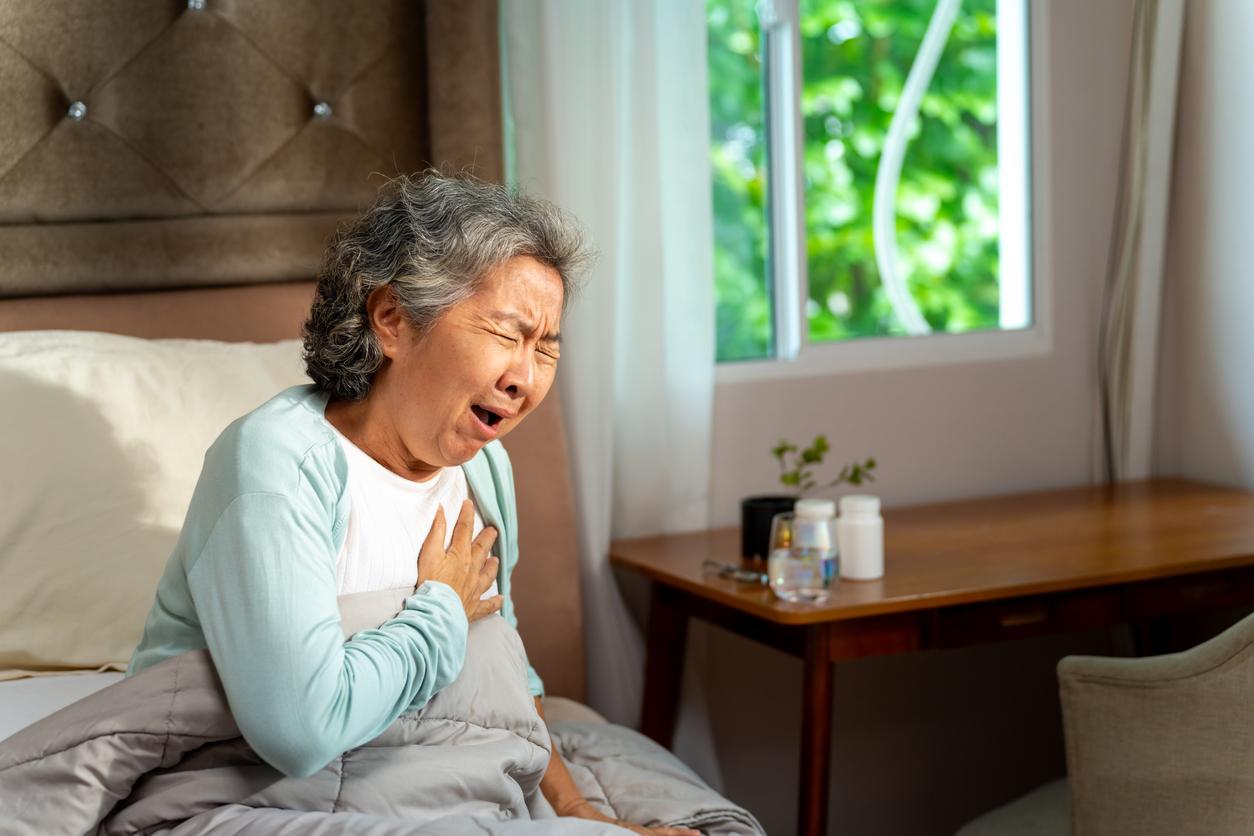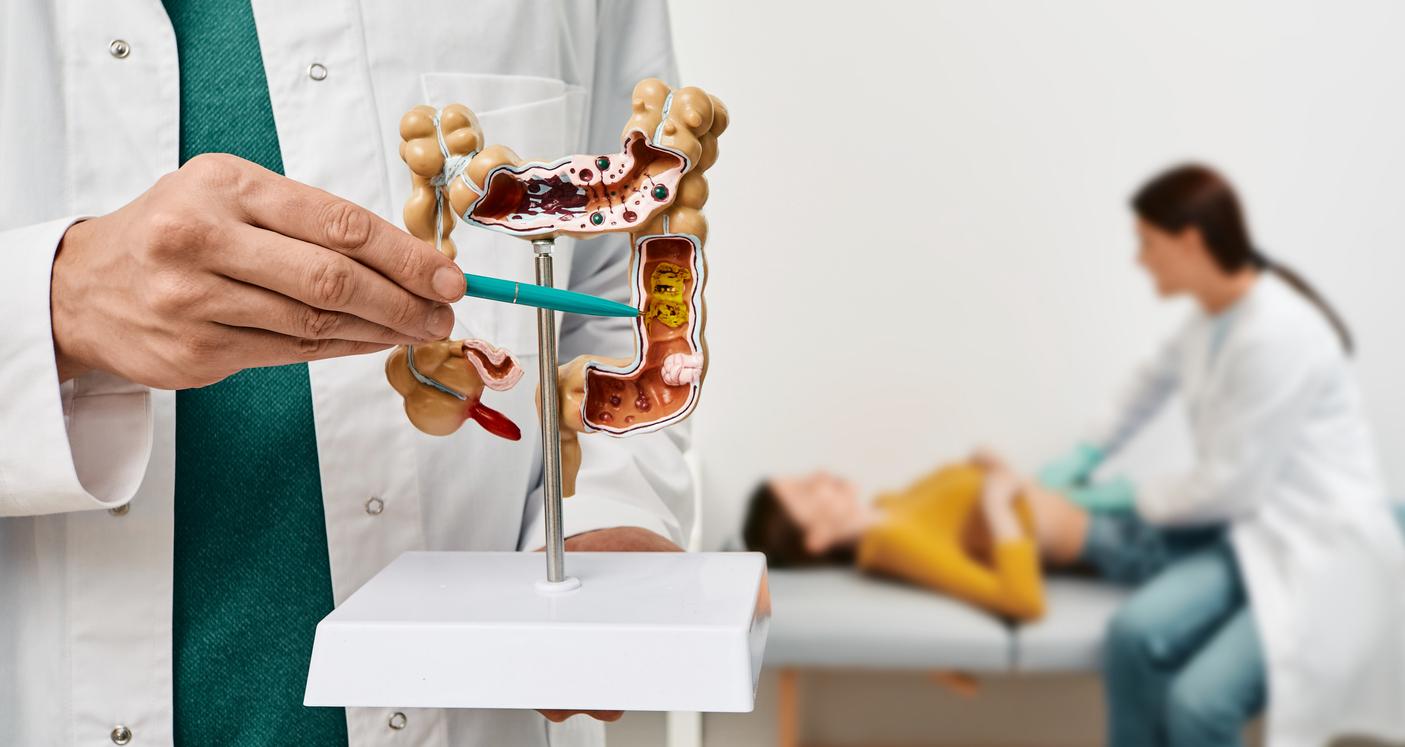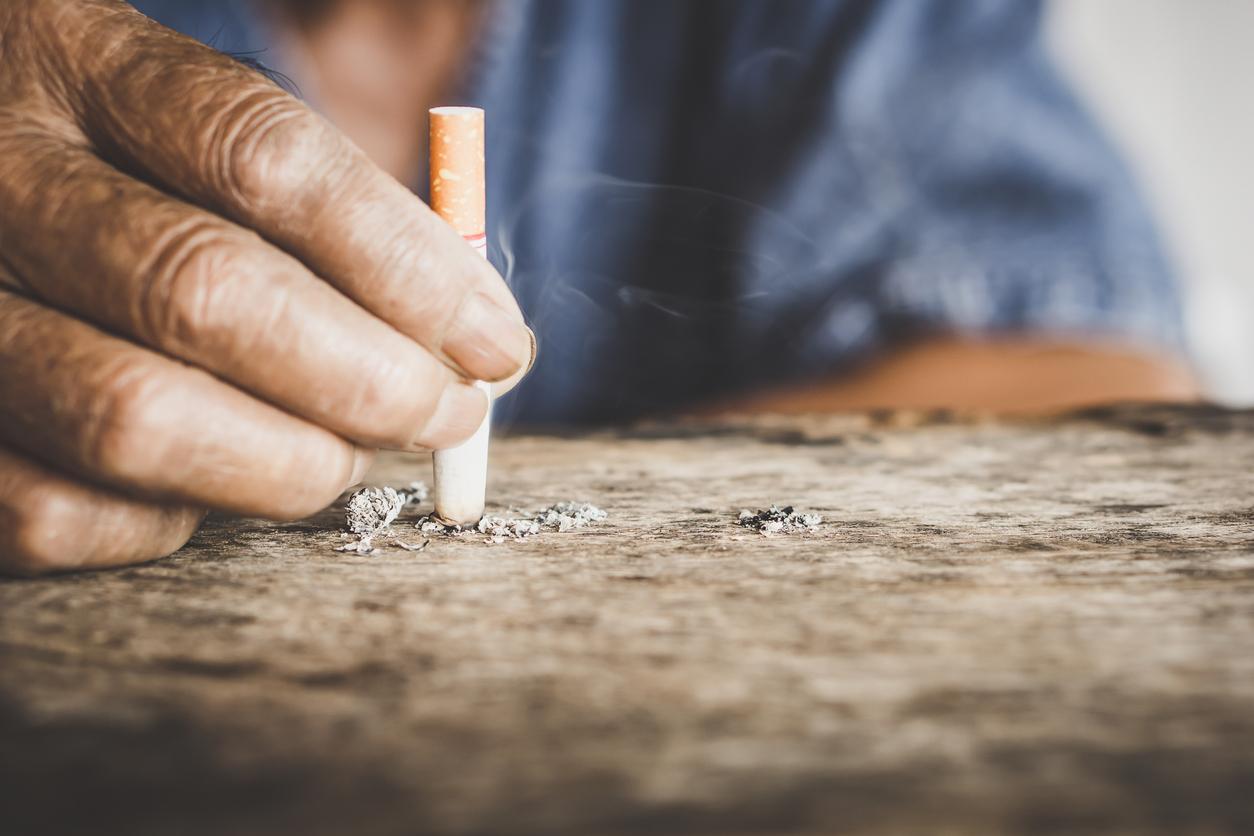The older a woman is at the time of breast reconstruction after a mastectomy, the higher the risk of certain complications increases, according to a new study.

- For women undergoing breast reconstruction after a mastectomy, older age is associated with an increased risk of certain complications.
- They are more likely to have an infection, necrosis of skin tissue or accumulation of fluid under the wound.
- On the other hand, they have better scores regarding psychosocial well-being after their operation compared to young patients.
“Age should not be a deterrent” for post-mastectomy breast reconstruction, according to several studies carried out in recent years. However, the exact impact of the operation on women over 60 remained unclear until now. A new study, published in the January 2025 issue of Plastic and Reconstructive Surgery®provides a more precise answer.
It shows that older women face an increased risk of complications. On the other hand, their post-operation psychological well-being is much better than young people.
Breast reconstruction: more complications in older women
For this study, researchers reviewed the records of 4,730 patients who underwent post-mastectomy breast reconstruction between 2017 and 2022. Analysis of the data shows that older women had a higher risk of three types of complications: infections, necrosis of the skin tissue used for reconstruction, and accumulation of fluid under the wound (seroma).
Scientists found that for every 10-year increase in age, the risk of infection increased by 10%. The increase was 20% for skin necrosis and seroma.
“Our results suggest that age should be considered alongside other factors when determining whether an elderly patient is an appropriate candidate for breast reconstruction.”estimates Dr. Jonas Nelson who led the work. “Increased complication rates associated with older age may reflect risk factors such as high blood pressure and diabetes. Researchers suggest that optimized care for these conditions could help reduce the risk of complications”adds the press release.

Breast reconstruction: better psychological well-being after the operation
The study also takes stock of patients’ satisfaction and quality of life after breast reconstruction. They were evaluated using a questionnaire called BREAST-Q.
First observation: the oldest patients were less satisfied with the appearance of their new breasts. They complained in particular about an unnatural appearance of the chest or the fit with their clothes.
On the other hand, they had higher scores for psychosocial well-being. They thus had a better body image or more self-confidence compared to younger women.
To explain these differences, the team suggests that older patients “may have fewer concerns about factors such as their career and finances, and a more “factual” attitude toward aging and their cancer diagnosis”.
And finally, the study demonstrated that age was not related to breast-related physical well-being (such as pain or activity limitations) or sexual well-being in breast reconstruction patients. .

















